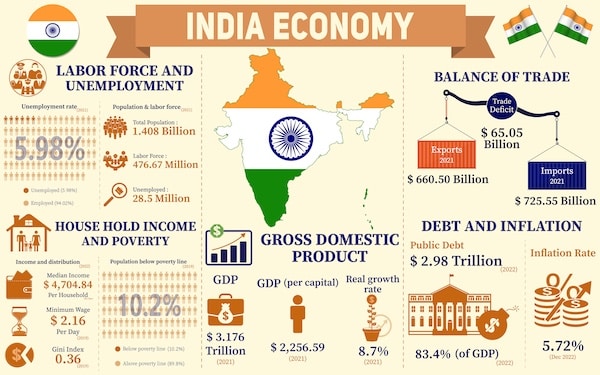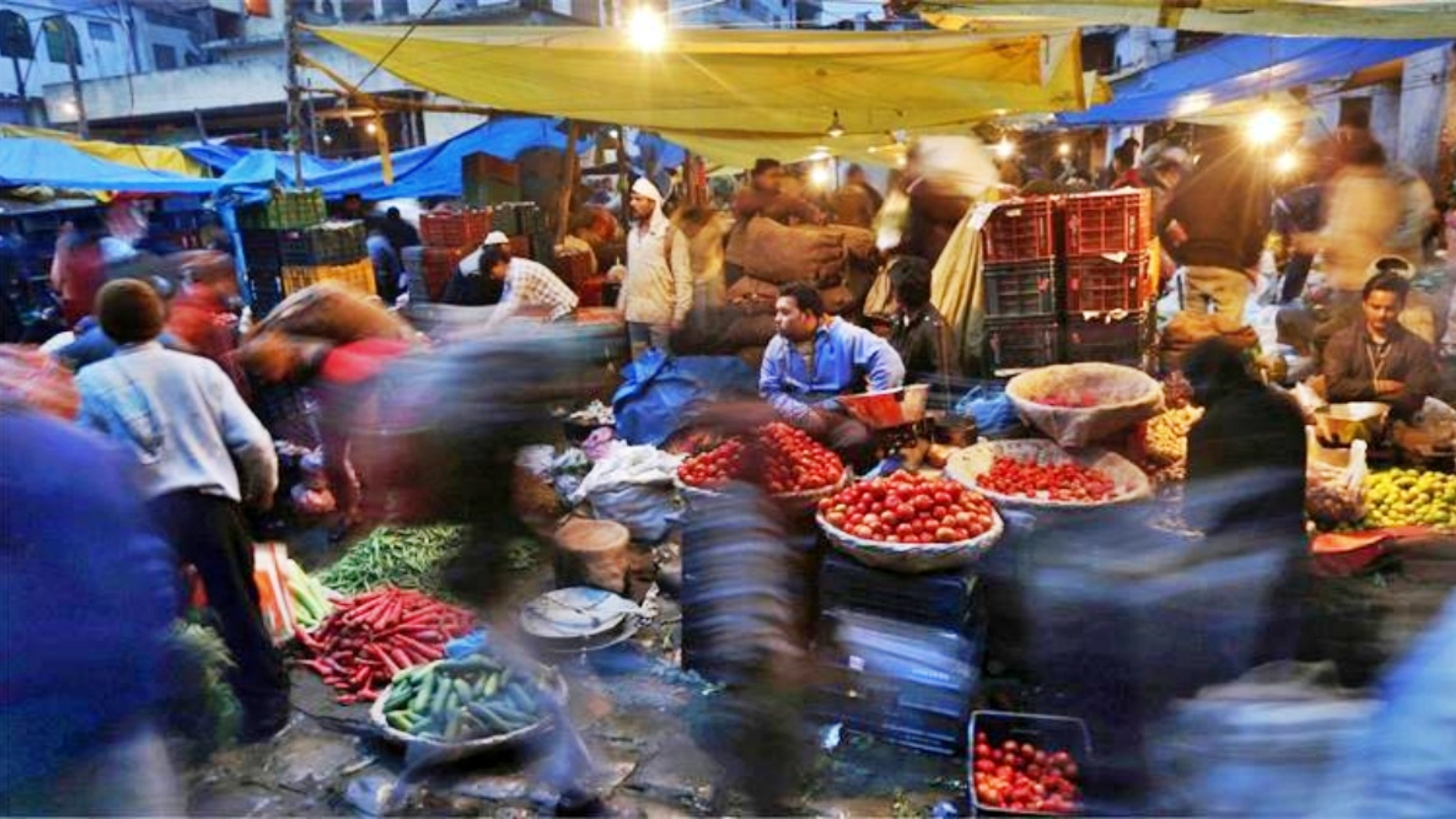

%2011_07_24%20%20(1).jpg?w=1200&auto=format%2Ccompress&ogImage=true)

Neelkanth Mishra, the chief economist at Axis Bank, has expressed optimism regarding the potential for fiscal and monetary measures to rejuvenate consumption among upper and middle-income groups in India. He highlighted that the recent assembly election results in Haryana and Jammu & Kashmir, while politically significant, are expected to have a mild impact on the national economy [b2db863e]. Mishra noted that the ongoing fiscal consolidation, as evidenced by the reduced fiscal deficit outlined in the July budget, is a positive step towards economic stability.
In a notable development, ten states, including Maharashtra, have introduced income transfer schemes totaling ₹1.9 lakh crore, which are projected to benefit over 18% of India's women [b2db863e]. This initiative aims to enhance disposable income and stimulate consumption, particularly in rural areas where patterns of spending are increasingly blending with urban trends. However, Mishra pointed out that while upper-income consumption is showing signs of weakening, lower-income consumption appears to be stabilizing, indicating a shift in economic dynamics.
Mishra anticipates that earnings cuts may occur in various sectors, including industrials, financials, autos, cement, and consumer staples, as companies adjust to the changing economic landscape [b2db863e]. Despite these challenges, there remains a sense of optimism for sectors such as real estate and power generation, which are expected to perform better in the coming months. Concerns regarding populism following the election results have been deemed misplaced, as Mishra believes that the focus should remain on economic recovery.
In a related analysis, Bharat Ramaswami from The Indian Express emphasizes the urgent need for India to invest in agricultural productivity to bolster consumption demand. He notes that food inflation is significantly impacting the incomes of the working class, while the rupee faces pressure amid slower economic growth [c659f07e]. Ramaswami highlights pressing public health issues, including air pollution and child health, which must be addressed alongside economic reforms. The Finance Minister's upcoming budget speech is expected to signal a commitment to these reforms, focusing on nine priority sectors that include agriculture and public health [c659f07e].
Ramaswami argues that agricultural incomes are less than 50% of rural incomes, indicating a critical area for investment that could enhance overall economic stability. He stresses the importance of education, health, and connectivity in rural areas to support this growth [c659f07e]. Looking ahead, Mishra projects that a significant economic recovery could be realized by January-February 2025, contingent on the successful implementation of fiscal and monetary policies aimed at boosting consumption [b2db863e]. This perspective aligns with the broader narrative of India's economic resilience amid challenges, including the anticipated impact of the festival season and upcoming elections on consumer spending and overall economic activity [7f719e21][c1b348aa].
In a recent analysis by Prabhat Patnaik, the focus has shifted towards transitioning from an export-led to a consumption-led growth model in India. The Reserve Bank of India has called for boosting domestic consumption to revive growth, with projections indicating a growth rate of 6.5% for 2024-25, down from 7% [34aac36b]. Patnaik raises concerns about the neglect of the laboring poor in discussions about urban middle-class consumption and criticizes the establishment's preference for increased working hours over raising the minimum wage. He notes that food price inflation impacts consumption differently across various income groups, and neoliberal policies have limited the fiscal measures available for stimulating consumption [34aac36b].
Patnaik argues that government expenditure is essential for achieving sustainable consumption-led growth, drawing comparisons with China's successful transition to domestic consumption. He points out that India's reliance on global financial flows constrains its economic policy, underscoring the need for a more robust domestic consumption strategy to foster economic resilience [34aac36b]. In summary, the interplay between fiscal measures, agricultural investment, public health reforms, and political developments will be crucial in shaping India's economic landscape in the near future, as stakeholders navigate the complexities of recovery and growth.